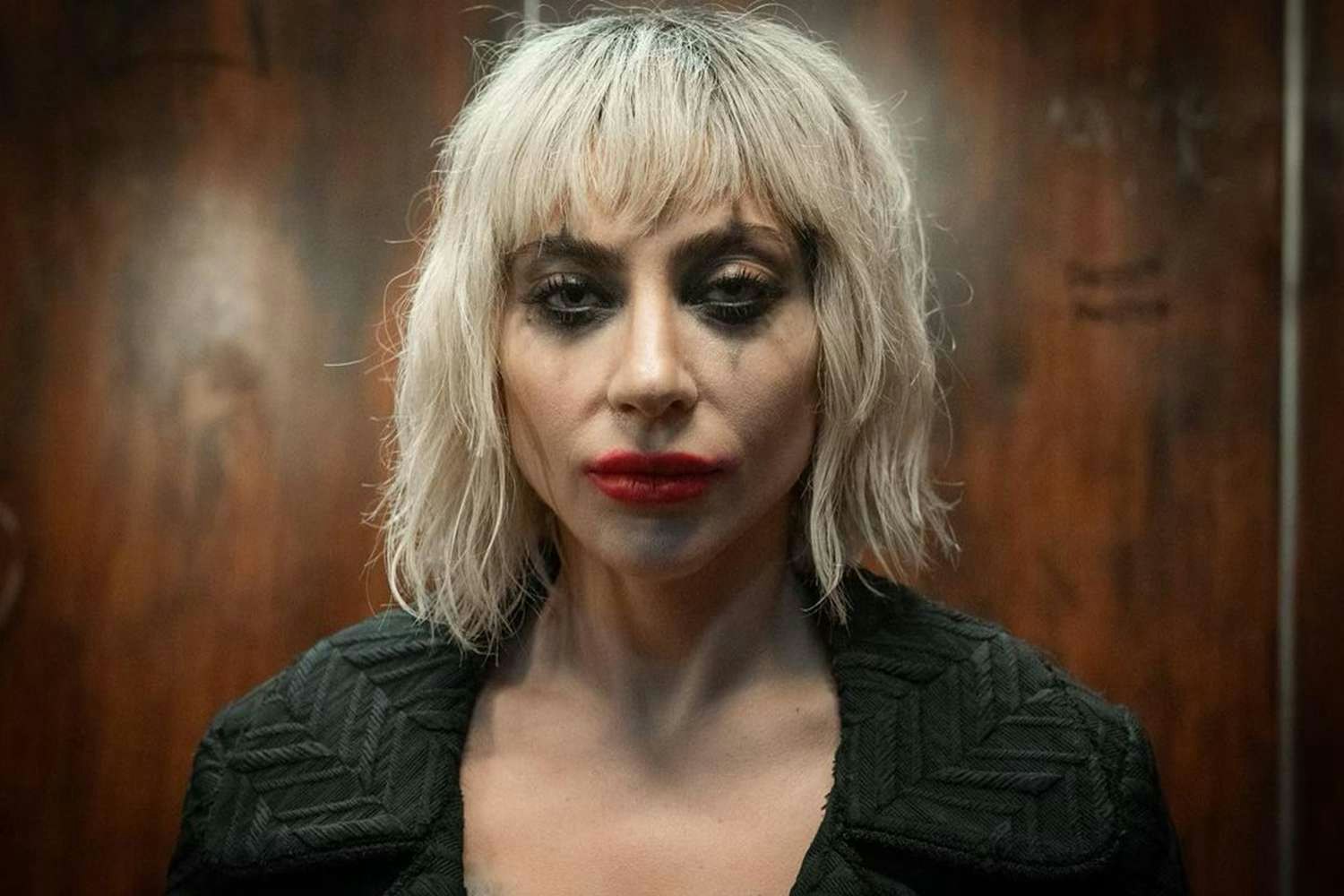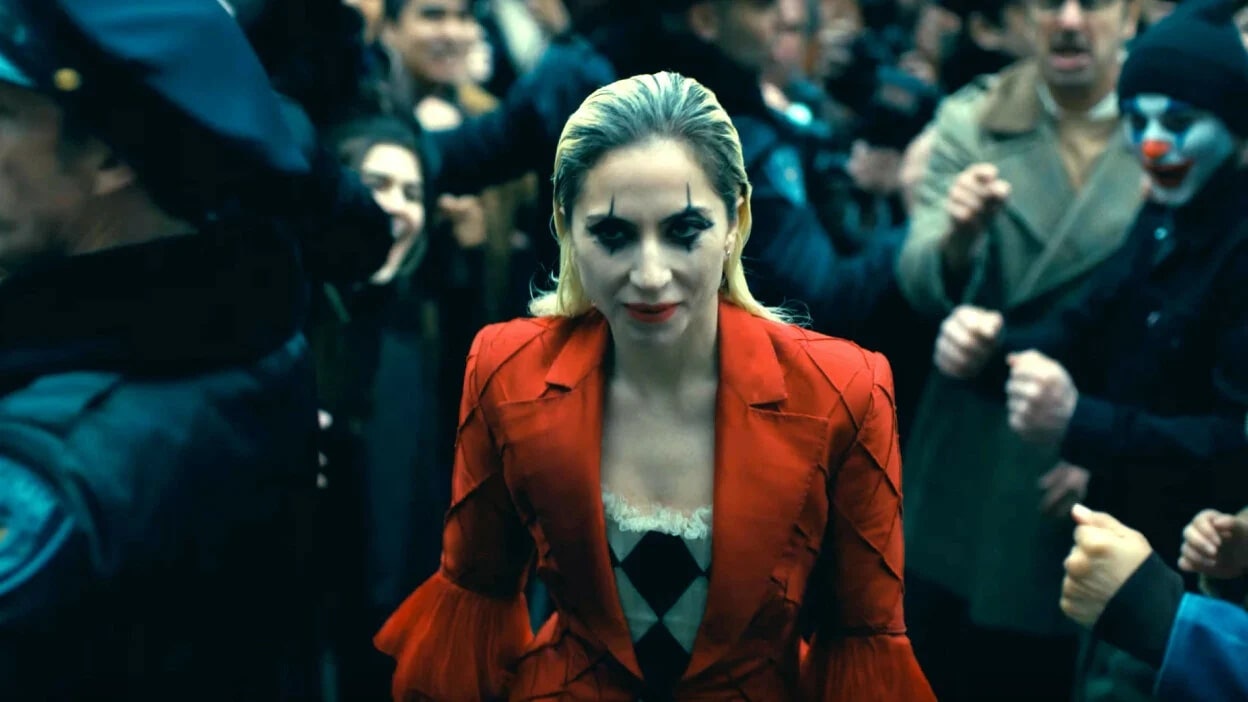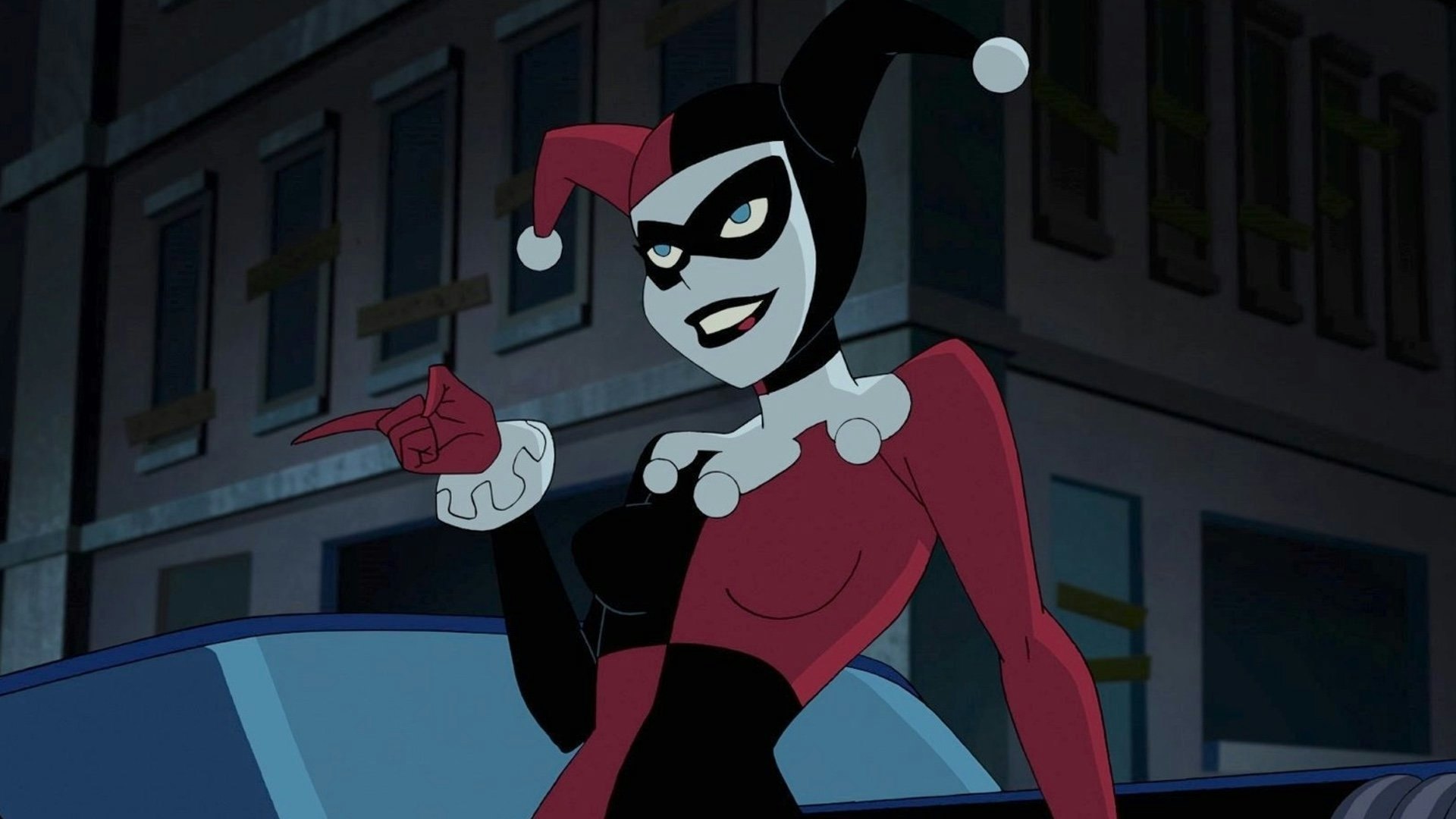
While Joker was a love letter to Taxi Driver and The King of Comedy, the sequel, Joker: Folie à Deux, is focused on Golden Age musicals. The gritty urban setting has been swapped for the confines of Arkham Asylum, and the movie invites a second character into Arthur Fleck’s delusions. Now, a recent quote from director Todd Phillips implies the movie is also completely reimagining one of the iconic comic book characters at its center.
Folie à Deux follows Arthur (Joaquin Phoenix) as he’s sent to a psych ward where he meets Harleen Quinzel (Lady Gaga), another patient with whom he forms a powerful bond. Harleen, also called Lee here, is clearly a take on Harley Quinn, but Phillips told Variety the two characters are very different.

“The high voice, that accent, the gum-chewing and all that sort of sassy stuff that’s in the comics, we stripped that away,” Phillips said. “We wanted her to fit into this world of Gotham that we created from the first movie.”
A degree of transformation to ground the character is understandable, and while early reactions to Phoenix’s take on the Joker were also concerned about changes to the source material, the movie ended up a success. But Harley is no longer a doctor who finds herself manipulated by Arthur, but a fellow patient who feeds into his delusions. She’s not called Harley, and even Phillips’ reference to “the comics” feels like a bad omen, as Harley didn’t originate in the comics; her first appearance was in Batman: The Animated Series.

New takes on Harley Quinn aren’t anything new, of course. Margot Robbie’s version of the character in Suicide Squad and Birds of Prey kept her backstory and trademark accent but gave her a more independent streak as a woman dealing with a nasty breakup with the Clown Prince of Crime. And in its own big twist overseen by the character’s creator, the recent Batman: The Caped Crusader took the harlequin clown inspiration to a new level. Still, Phillips is implying an even bigger shift.
So just what makes Harley Harley? Is it the name? The personality? The voice? The doctor-patient dynamic? Lady Gaga’s “Lee” is apparently missing all of those. There’s nothing inherently wrong with a dramatic reinterpretation, but if Harley is reduced to nothing but a female counterpart to the Joker, then her character is being defined by a man rather than on her own terms.
Maybe Phillips misspoke when he referenced the comics, but for now, it looks like Harley Quinn is just a name communicated through window dressing like smeared makeup and diamond-print costuming. Is it an empty attempt to cash in on brand recognition, or will this reimagining do for Harley what Arthur Fleck did for the Joker? We’ll find out soon enough.







